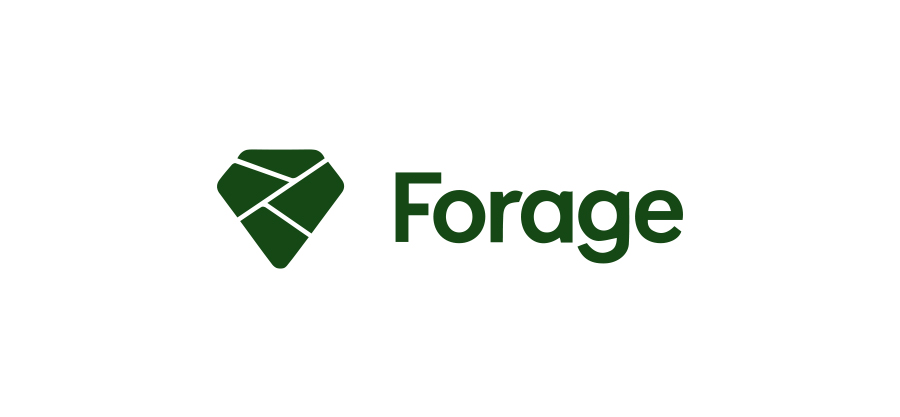Investing in Forage, a Platform Changing the Way Organizations Train and Recruit Talent

Entry-level recruiting has long been an inefficient market. Organizations spend about $10 billion per year on college recruitment and over $9 billion on learning and development to upskill incoming workers, but despite this significant spend they have no way of knowing if they're getting the best candidates, how motivated a candidate might be, or if the candidate is likely to stay in the role long-term. This problem is doubly hard for applicants, who may think they want a career in a field such as law or investment banking, but often have little idea what the profession entails day-to-day.
As we explored this problem, many of the solutions we came across simply put a new spin on an old idea. That is, until we started talking to the team at Forage, who asked us a simple question: "What would recruiting look like if you could train candidates and then hire them?"
Forage founders Thomas Brunskill, an ex-corporate attorney, and Pasha Ryan, an ex-consultant, both know the problem of hiring fit intimately. Thomas jokes that before he became a lawyer, he learned most of what he knew about the practice of law from the television show Suits―because his experience at law school was radically different from that of working at a law firm. So he and Pasha set out to build a future in which education and work collaborate more closely.
Forage gives college students open access to online training courses called Virtual Job Simulations. On one end, it partners with companies to develop curated "experiential programs" and skills-based content to heighten students' career discovery and work-readiness. On the other, it partners with schools and colleges to distribute those programs and bring them to life.
Using Forage's SaaS platform, an organization can build short online courses that simulate the work an entry-level employee would be asked to do. The courses are free and open to all, and most require five to six hours to complete, though some take up to 40 hours. They're not designed to be hard―anyone who is diligent and motivated should be able to get through them. The goal of the courses is to give applicants a window into possible jobs and employers a new way to engage candidates.
Forage also allows companies to engage with potential hires earlier in the hiring process. Typically, hiring managers don't meet with graduating students until their senior year, when the college or university hosts career or interview days. But Forage allows companies to partner with schools to include their courses in college curricula and enable students to earn credit for them. When a student completes the course, Forage makes it easy for a recruiter to contact them.
So far, over 2 million students from 350 universities have enrolled in Forage courses. Nearly 100 companies offer courses on Forage, including Electronic Arts, SAP, and PwC. Forage works primarily with large employers with regular, medium- to high-volume application intervals. Most of these firms receive plenty of resumes, but Forage helps them find the best candidates. At one enterprise, 9% of applicants had completed a Forage course before applying, and that small subset of candidates landed 30% of job interviews and 70% of job offers. At another, “Foragers” represented 34% of the graduate software engineering hires in the 2021 hiring cycle. Forage applicants were also 2.2X more likely to get an interview than candidates who have not completed a Forage course, 4.5X more likely to receive a job offer, and 4.7X more likely to accept their offer.
The Forage founders are passionate about solving the problem of hiring fit for job-seekers and companies. They want to provide people with greater access not only to better jobs, but to the right jobs for them. The team has executed extremely well on a complicated business plan that combines a SaaS revenue model with a two-sided marketplace―in the complex EdTech space, no less.
As we learned more about Forage, we were also astonished by the level of client engagement with the platform. It wasn't unusual to see hiring managers logging in twice a day. Forage has successfully leveraged this passion for the platform for the "land and expand" growth strategy attempted by many startups. In this model, they engage with an individual at a company who has a compelling but narrow reason to use Forage, deliver exemplary value, and earn an enthusiastic introduction to other parts of the business.
The size of Forage's opportunity, combined with the company's proven traction and determined leadership team, drove our interest in the company. Citi Ventures is excited to announce our investment in Forage's recent $25 million Series B fundraising alongside Blackbird Ventures, Lightspeed Venture Partners, Telstra Ventures, and Funders Club.
For more information, email Matt Carbonara at matt.carbonara@citi.com or Blaze O'Byrne at blaze.obyrne@citi.com.
For more on the Future of Work, click here.

